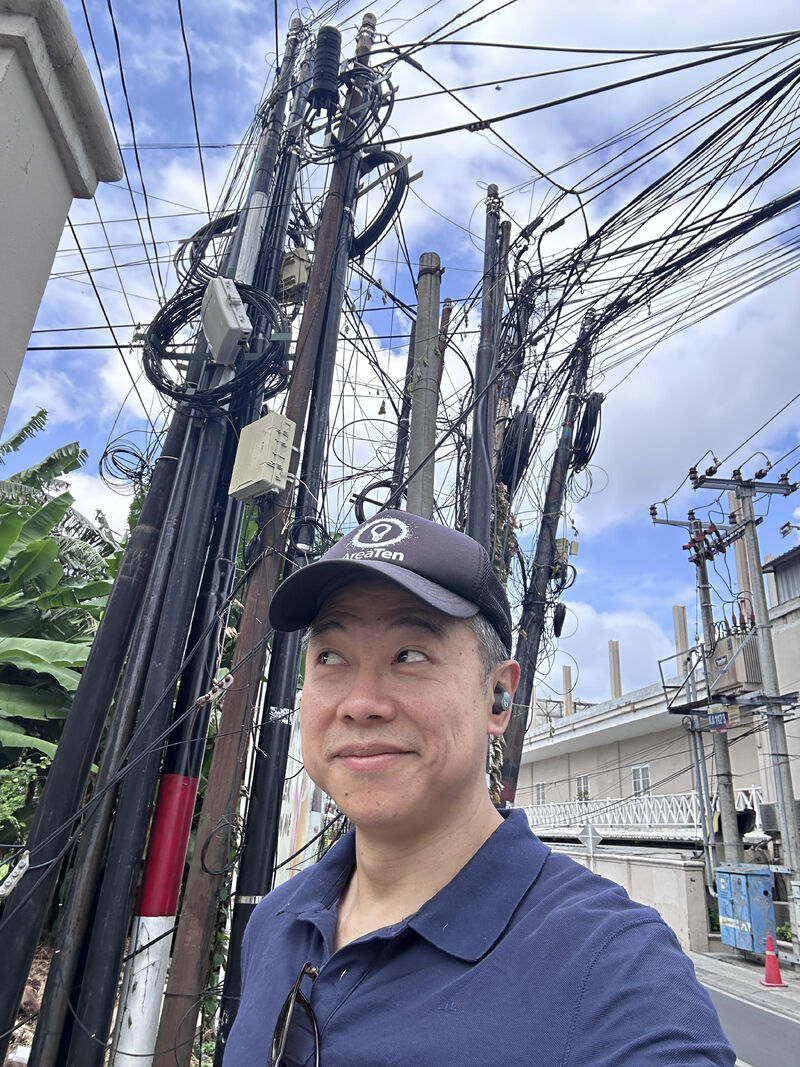Turning Growth into Chaos: Lessons from Bali’s Tourism Surge
by
Jeremy Tang - Updated
29-May-2024

The Growth Choke
In 1995, Bali had just 1.3 million international tourists. Fast forward to 2023, and that number exploded to 5.3 million. But guess what? The roads haven’t changed. The infrastructure is the same. The result? Soul-crushing traffic jams everywhere you go.
Bali is choking on its own growth, and it’s starting to tarnish its reputation as a top destination. And let’s not even get started on the powerlines—growing like wild vines, ready to collapse under their own weight. This chaotic growth is a glaring reminder of what happens when scaling isn’t managed properly.
This is a brutal lesson about scaling operations. Most businesses are laser-focused on getting more customers. But what happens when you properly service the demand? The whole operation collapses under its own weight.
This is why tech companies scale so well. Whether they have 100 or 10,000 customers, the product experience stays consistent. But for non-tech businesses like services, it’s a different ball game. That’s why documentation is the critical first step. Whatever can be systematized and repeated allows you to scale.
Look at McDonald’s—they’ve cracked the code. Teenagers with zero experience are productive in days because every process is meticulously documented. The better your documentation, the fewer resources you need to perform the documented tasks. It also makes it easier to recruit into the business. When documentation gets to a level where someone with minimal formal education or prior knowledge can perform a given task, that’s when there’s potential for this documentation to turn into pseudo-code, which can then be translated into full-blown automation systems.
I did this extensively for large corporations when I started my career in consulting and apply the principle religiously to the businesses I’m involved in now.
If you want to grow without crumbling like Bali, start treating your operations like code. Document everything that can be repeated. Then optimize and improve those systems constantly.
At the start it might feel like everything is slowing down, but think of it like Stephen Covey’s “sharpening the saw.” Imagine a lumberjack trying to cut down a tree with a dull saw. He’s working hard but making little progress. Someone suggests he sharpen the saw, but he replies, “I don’t have time to sharpen the saw; I’m too busy sawing!” The irony is that taking the time to sharpen the saw would make his work much more efficient and effective in the long run.
Documentation leads to systemization which drives consistency in quality, speed and level of output. These are all critical variables to Customer Experience. A bad or poor customer experience means people won’t want to buy more or refer anyone else, which severely stunts growth and sustainability of the business. Great customer experience isn’t just a nice-to-have; it’s a must-have. It drives repeat business, referrals, and ultimately, sustainable growth.